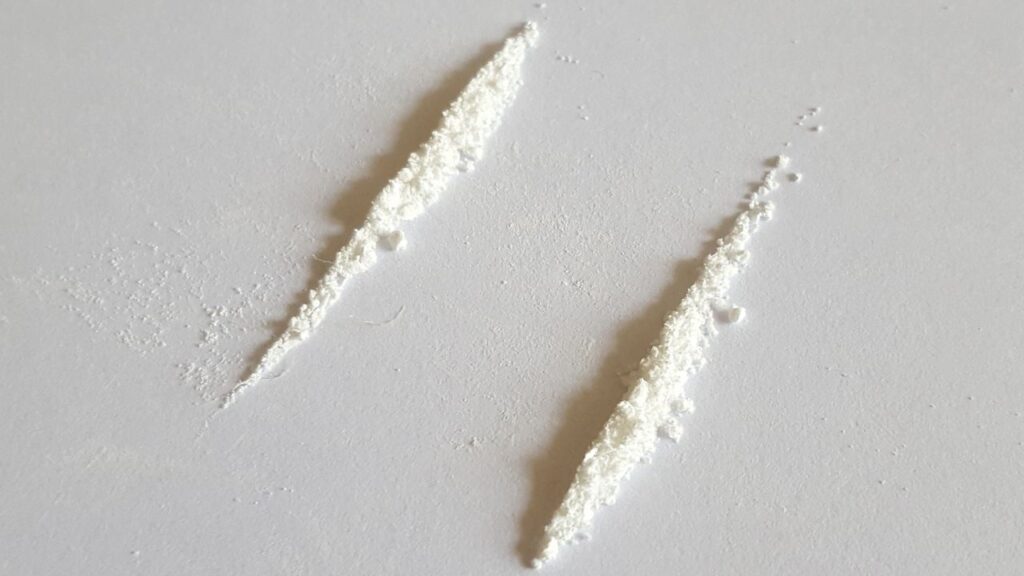Cocaine, a powerful stimulant drug, can lead to severe physical and psychological dependence. When someone who has developed a cocaine addiction stops using the drug, they often experience a range of withdrawal symptoms. Understanding these symptoms is crucial for those seeking recovery and for their loved ones. This article explores the various aspects of cocaine withdrawal, its timeline, and the importance of professional help in managing this challenging process.
Physical Symptoms of Cocaine Withdrawal
The physical manifestations of cocaine withdrawal can be intense and uncomfortable. Common physical symptoms include:
- Extreme fatigue and lethargy
- Increased appetite
- Muscle aches and pains
- Tremors or shaking
- Chills and sweating
- Slowed heart rate
- Restlessness and agitation
These symptoms can vary in intensity from person to person, but they often contribute to the difficulty of overcoming cocaine addiction without professional support.

Psychological Symptoms of Cocaine Withdrawal
The psychological impact of cocaine withdrawal can be even more challenging than the physical symptoms. Individuals may experience:
- Severe depression
- Anxiety and panic attacks
- Intense cravings for cocaine
- Irritability and mood swings
- Difficulty concentrating
- Vivid, unpleasant dreams
- Suicidal thoughts in severe cases
These psychological symptoms can persist longer than the physical symptoms and often require ongoing support and treatment to manage effectively.
Timeline of Cocaine Withdrawal
The onset and duration of cocaine withdrawal symptoms can vary based on several factors, including the length and intensity of cocaine use, overall health, and individual physiology. However, a general timeline often follows this pattern:
Initial Crash (Hours to Days)
Within hours of the last cocaine use, individuals may experience a “crash.” This phase is characterized by intense exhaustion, irritability, and increased appetite. Cravings for cocaine are often strongest during this period.
Acute Withdrawal (1-2 Weeks)
The acute phase of withdrawal typically lasts for one to two weeks. During this time, both physical and psychological symptoms are at their peak. Individuals may experience mood swings, fatigue, and difficulty sleeping.
Post-Acute Withdrawal Syndrome (PAWS) (Weeks to Months)
Some individuals experience prolonged withdrawal symptoms, known as Post-Acute Withdrawal Syndrome (PAWS). This can involve ongoing mood fluctuations, anxiety, and intermittent cravings for cocaine. PAWS can last for several weeks to months after the acute withdrawal phase.

Factors Influencing Withdrawal Severity
The severity and duration of cocaine withdrawal symptoms can be influenced by various factors:
- Duration and frequency of cocaine use
- Amount of cocaine typically consumed
- Method of cocaine administration (snorting, smoking, injecting)
- Presence of co-occurring mental health disorders
- Polysubstance use (using cocaine with other drugs or alcohol)
- Overall physical health and nutritional status
- Genetics and individual physiology
The Importance of Medically Supervised Detox
Given the potential severity of cocaine withdrawal symptoms, attempting to quit “cold turkey” or without professional support can be dangerous and often leads to relapse. Medically supervised detox provides a safe, comfortable environment for individuals to navigate the withdrawal process. Benefits of professional detox include:
- 24/7 medical monitoring and support
- Medication management to alleviate withdrawal symptoms
- Nutritional support to aid physical recovery
- Emotional support and counseling
- Preparation for ongoing treatment and recovery
Destination Hope: Supporting Recovery from Cocaine Addiction
At Destination Hope, we understand the complexities of cocaine withdrawal and addiction. Our comprehensive approach to treatment begins with a thorough assessment and personalized detox plan. Our experienced medical staff provides round-the-clock care to ensure client safety and comfort during the withdrawal process.
Following detox, we offer a range of evidence-based therapies and support services to address the underlying causes of addiction and build a strong foundation for long-term recovery. Our treatment programs include:
- Individual and group therapy
- Cognitive-Behavioral Therapy (CBT)
- Family therapy and education
- Holistic treatments (yoga, meditation, art therapy)
- Relapse prevention planning
We recognize that recovery from cocaine addiction is a journey that extends beyond the initial withdrawal phase. Our aftercare planning and ongoing support services help clients maintain their recovery and build fulfilling, drug-free lives.
Take the First Step Towards Recovery
If you or a loved one is struggling with cocaine addiction, know that help is available. The journey to recovery begins with understanding the withdrawal process and seeking professional support. At Destination Hope, we’re committed to guiding you through every step of the recovery process, from initial detox to long-term sobriety.
Don’t let fear of withdrawal keep you from reclaiming your life. Contact Destination Hope today at 954-302-4269 to speak with our addiction specialists and learn how we can support your journey to recovery.

